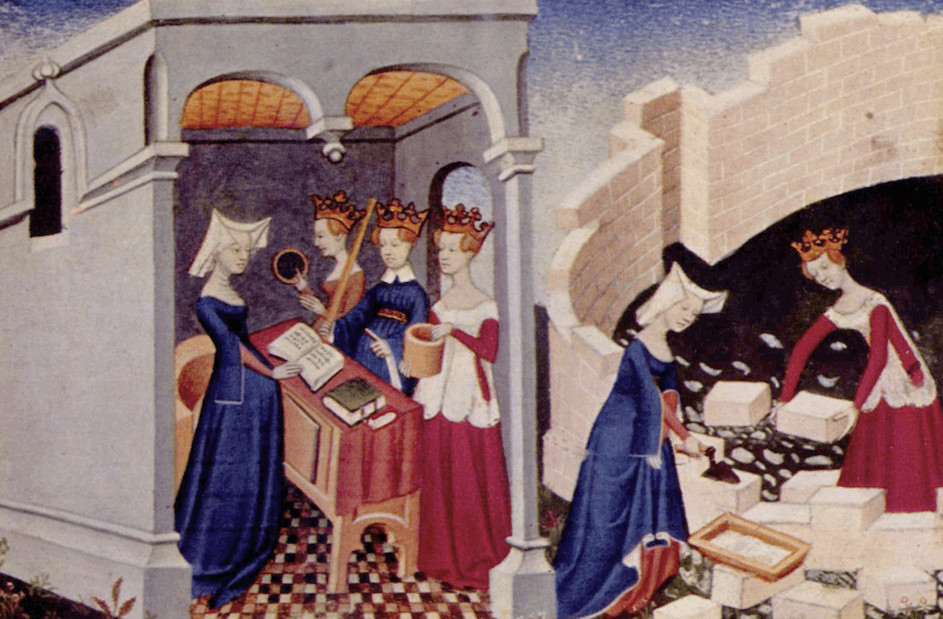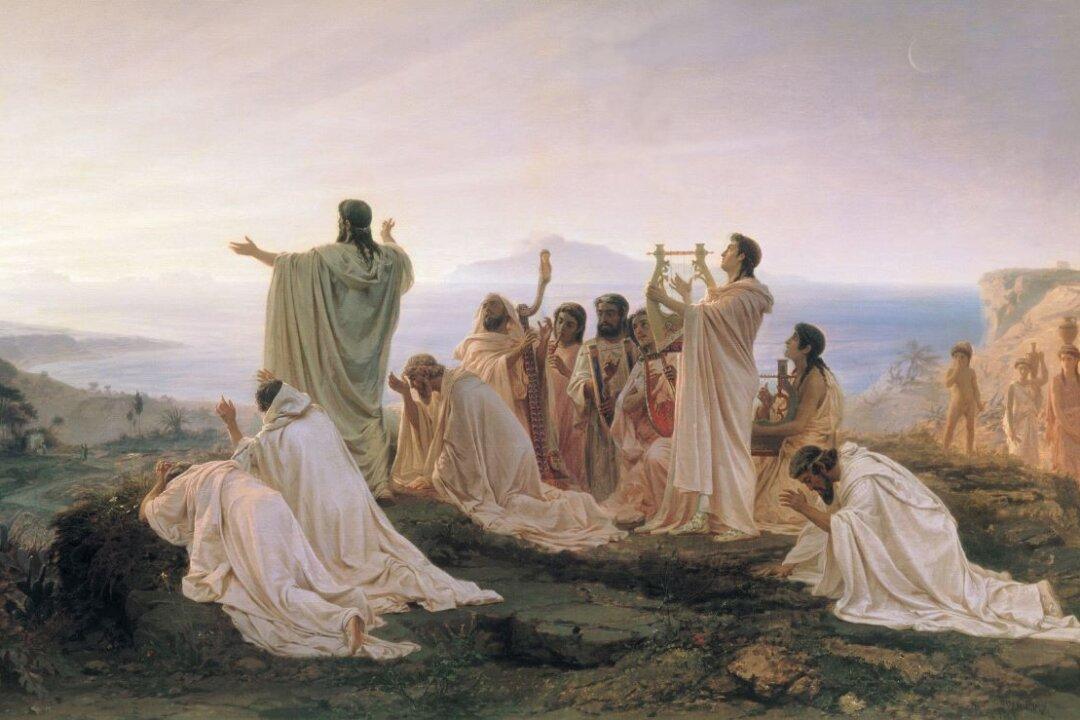Good role models are hard to find. In most places where we look, we see celebrities glorifying “sexual liberation” (a promiscuous hook-up culture), expressing “nice” opinions about shifting cultural winds (virtue-signaling political correctness), and admonishing everyone to just “do you” (be narcissistic).
Bombarded with a bewildering number of conflicting messages along with glamorous, but unrealistic, social comparisons, young people of both sexes (but especially females) are suffering from record rates of depression, anxiety, and other mental illnesses today..





